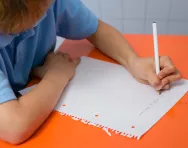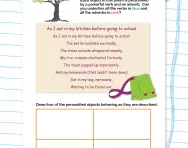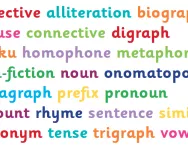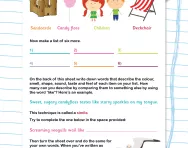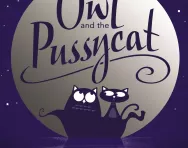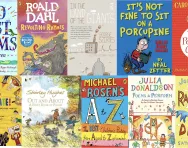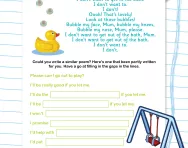Important update from TheSchoolRun
For the past 13 years, TheSchoolRun has been run by a small team of mums working from home, dedicated to providing quality educational resources to primary school parents. Unfortunately, rising supplier costs and falling revenue have made it impossible for us to continue operating, and we’ve had to make the difficult decision to close. The good news: We’ve arranged for another educational provider to take over many of our resources. These will be hosted on a new portal, where the content will be updated and expanded to support your child’s learning.
What this means for subscribers:
- Your subscription is still active, and for now, you can keep using the website as normal — just log in with your usual details to access all our articles and resources*.
- In a few months, all resources will move to the new portal. You’ll continue to have access there until your subscription ends. We’ll send you full details nearer the time.
- As a thank you for your support, we’ll also be sending you 16 primary school eBooks (worth £108.84) to download and keep.
A few changes to be aware of:
- The Learning Journey weekly email has ended, but your child’s plan will still be updated on your dashboard each Monday. Just log in to see the recommended worksheets.
- The 11+ weekly emails have now ended. We sent you all the remaining emails in the series at the end of March — please check your inbox (and spam folder) if you haven’t seen them. You can also follow the full programme here: 11+ Learning Journey.
If you have any questions, please contact us at [email protected]. Thank you for being part of our journey it’s been a privilege to support your family’s learning.
*If you need to reset your password, it will still work as usual. Please check your spam folder if the reset email doesn’t appear in your inbox.
Inspire your child to write poetry
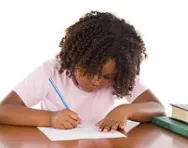
Does your child like to ‘Gargle with Jelly’, go on walks with ‘The Walrus and the Carpenter’, or journey across the oceans in a beautiful pea-green boat with ‘The Owl and the Pussycat’? Children’s poetry takes them on some wonderful journeys through the landscapes of possibility and impossibility where the imagination rules.
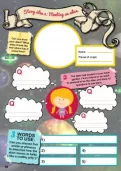
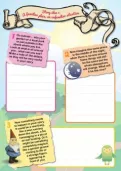
Download a FREE Creative Writing toolkit!
- KS1 & KS2 workbooks
- Bursting with fill-in prompt sheets and inspiring ideas
- Story structure tips, style guides and editing suggestions
Reading and writing poetry are important elements of the literacy curriculum throughout the Key Stages of your child’s education. As your child develops they will gain access to a wider range of vocabulary and learn more about the different types of structures a poem may take.
What are the benefits?
Children are the best poets, according to the Poet Laureate, Carol Ann Duffy, as “everything is new and they don’t see barriers in the way that adults sometimes do”. More than writing formal assignments, essays, or even fiction, poetry really allows a child to access their emotions, release their feelings, and make sense of their experiences. It can also help them to become more emotionally literate and improve their confidence in their writing in general.
Poets approach their work through a variety of different responses. Former Children’s laureate Michael Rosen says, “What happens with me is quite often I start with a memory, mix it with observations of people I know, and then mix in a bit of ‘what if?’”
And it is this ‘what if?’ that opens the door of possibilities. A poem may be about anything, everything, and nothing, so long as it’s important to the writer.
Try these tips to inspire your budding poet to put pen to paper:
- Remember you are never too young or old to experience poetry! For younger children try reading a variety of fun, visual, rhyming poems together, and then encourage them to try their own. Whether it is written through pictorial representations, or in lists of rhyming words, it’s all a great foundation for their future poetry.
- For older children, encourage them to reflect on their experiences, and try recording their thoughts in the form of a poem. Although poetry comes from the heart and cannot be forced, some gentle support can give a child the confidence to pick up their pen.
- Choose a nice notepad and a special pen with your child. This will make the experience more unique and personal.
- Remind them that they don’t have to share the poem if they don’t want to.
- Try making a word bank with your child which you could add to over the years. It could become an invaluable resource for them to draw ideas and inspiration from.
- Set up a poetry corner in your house. You could sit and read with your child, or they could read and write independently there. Furnish it with plenty of cushions, make it cosy and relaxing, and don't forget to include all your child’s favourite poetry books.
- Provide plenty of inspiration for your child. Whether it’s going on walks in lovely locations, or visiting grandparents and relations, you can provide your child with a rich tapestry of experiences to call upon.
